Madonna del Magnificat (detail), Sandro Botticelli, 1481
WE BELIEVE MARY IS THE MOTHER OF GOD
As Christians, we gratefully proclaim Mary to be the Mother of God. For this title of Our Lady affirms the truth of the Incarnation, that the Word of God truly did become flesh and dwelt among us (John 1:14). Mary's title, therefore, is a reassurance of God's gift of salvation: that the long-awaited Messiah, "Emmanuel" or "God with us," who would be born of a Virgin (Matt. 1:23; Isa. 7:14), truly did come!
WHY DO WE BELIEVE MARY IS THE MOTHER OF GOD?
The Marian title "Mother of God" or Theotokos ("God-bearer" in Greek) finds biblical support in Elizabeth's Holy-Spirit-filled exclamation to Mary: "Why is this granted me, that the mother of my Lord should come to me?" (Luke 1:43). The Title has been employed by Christians since the early centuries. In about 215 A.D., for example, Saint Hippolytus of Rome writes of "the advent of God in the flesh to the world, His advent by the spotless and God-bearing Mary" (Discourse on the End of the World 1). And the Sub Tuum Praesidium, the earliest extant prayer to Mary, dated to about 250, says, "Under your mercy we take refuge, O Mother of God."
The title was officially sanctioned for use by the Church at the Council of Ephesus in 431, in response to the heresy of Nestorius. Nestorius refused to call Mary "Theotokos," preferring instead "Christotokos" or "Christ-bearer," because he denied the Babe born to her was God. Nestorius believed God had merely inhabited the body of Mary's Child, as though dwelling in a tent.
The Church enforced calling Mary the Mother of God as a way of defending the truth of the Incarnation, that the Child to whom she had given birth was indeed God. Jesus did not cease being God to be conceived in her womb and born to her. Because the Son of Mary was God, it is paradoxical and yet true to say God had a Mother — a Mother whom He created for Himself, and yet a real human Mother nonetheless. Scripture, in fact, affirms that Jesus was like us in all ways but sin (cf. Heb. 4:15). It is likewise correct, therefore, to say God was born, nursed, learned to walk and talk, grew tired and slept, laughed and cried, made friends, labored, went about teaching and healing, was falsely accused and arrested, beaten, tortured and executed, rose from the dead and ascended bodily into heaven.
Consequently, the title Mother of God, by design, says more to us about Jesus than about Mary. Mary, in her person, as Virgin and Mother, confirms for us who Jesus is. That she is a Virgin (that He did not have a human father) verifies His divinity; that she is a Mother (that He had a human Mother) verifies His humanity.
Read more about Mary, Mother of God in the Catechism of the Catholic Church.

